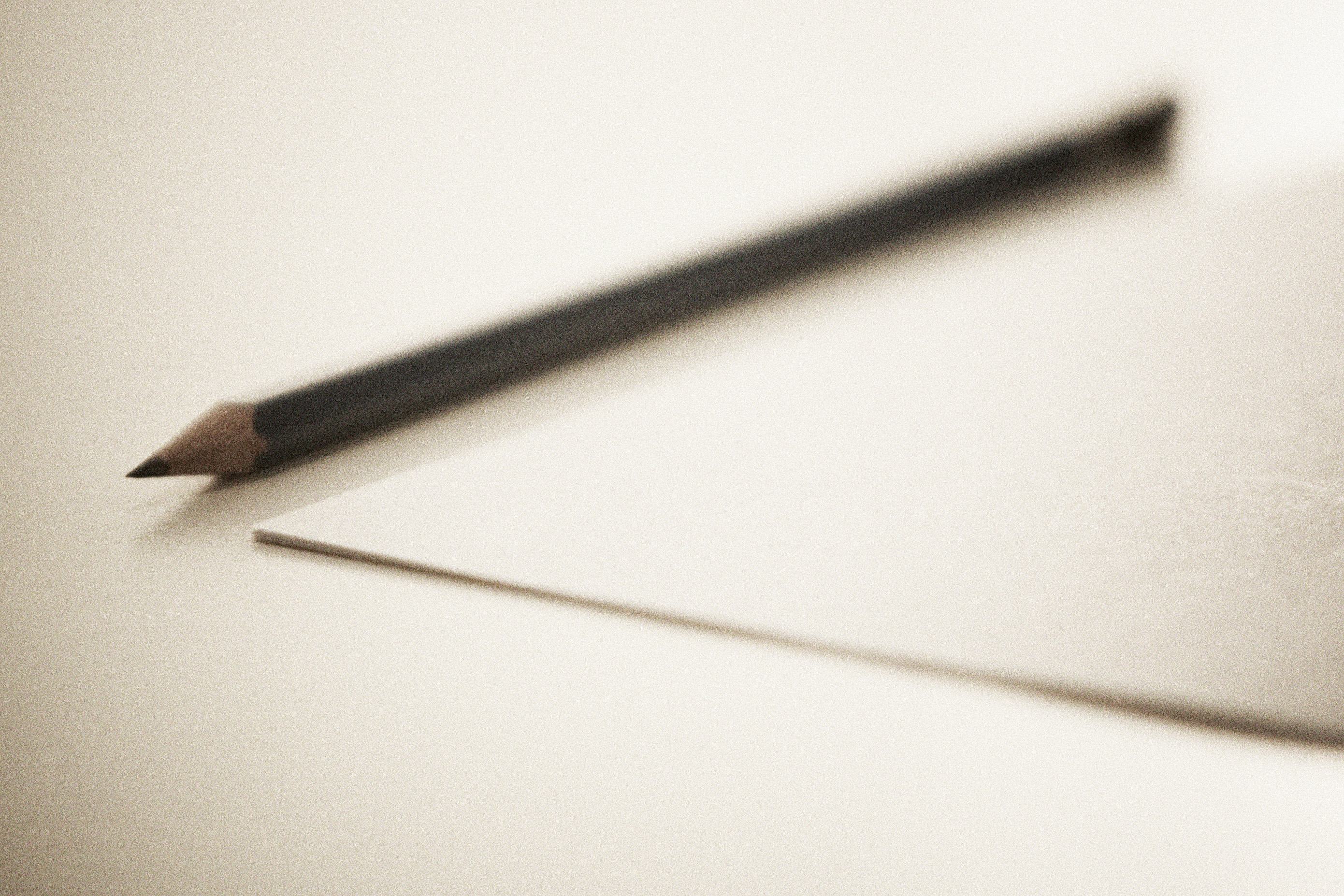 |
| Image from Wikimedia Commons |
The last several weeks of my life were spent reaching for a new record I had never intended to reach - I played for over 40 different juries within the course of one week. I realize I could spend quite a bit of time just exploring the sanity of such an endeavor but I already know I'm a bit nuts sometimes so I'd rather not go there.
What I do want to share is what I learned through sitting through so many juries in a concentrated amount of time. I tweeted these this past week as a way to capture all the thoughts that were floating around in my head so here are my 140 characters-or-less words of observation about something that might not normally seem very tweetable. Hopefully they will serve some purpose in the years to come as the next round of young musicians make their way through the world of juries.
And if anyone has any jury lessons they would like to contribute, feel free to do so in the comment section!
- One semester is really not a long time to have to prepare for a jury. Lesson to learn from that fact - plan ahead!
- The jury itself is not the time to sing from memory for the first time. Really.
- If your teacher gives you a new piece a week or two before your jury and says it's for your jury feel free to say, "no thank you."
- If you're using photocopies for your jury - a) make sure you have all the pages & b) tape them together! *
- You really, really don't want to start your jury with your least successful piece just because you're avoiding another one you can't really play or sing.
- If you're a singer, it's highly recommended that you actually know what the songs you're singing are about. They know if you don't.
- If you have an accompanist/collaborator, it's a good idea to - a) give them the music beforehand and b) rehearse with them.
- It's a good idea to know the name of the piece you're playing/singing, the composer, and how to pronounce it all. They may ask! Plus you should know!!
- Singers, especially...don't forget the the music a pianist reads goes all the way to the bottom of the page. No notes = creative improv.
- When playing scales, sightreading, or other hoop jumping, take your time and think before you begin. That usually helps.
- If they ask questions about your repertoire for which you have no answer, don't make something up. They'll know.
- These days, there is no reason to ask a collaborator to transpose. Get the music to your pianist in the right key, please!
- If you're playing a piece in 3/4 for your jury, make sure what you deliver is really in 3/4. **
- Know in advance if you're going to need to fill out any forms and whether or not you need to provide music to your jurors. That's the last thing you should be thinking about.
- Remember this is not a time to prove yourself. If you've done the work during the semester, it will show.
- Try to avoid having a jury time that is crammed between exams or immediately after a particularly demanding one.
- Make sure you and your collaborator know when and where your jury is.
- Don't have your jury be the first time you perform something. Even if that means performing for a bunch of elephants at the zoo (Glenn Gould did that!), perform for someone. First performances are rarely comfortable and are not often good representations of what you can really do.
- It may be a jury and not a typical performance but go out and perform anyway. Everyone will be thankful.
And from a twitter friend, @TammyEvansYonce :
- Dress appropriately, and don't bring your cell phone to your jury.
* I am not supporting the illegal photocopying of music. I believe photocopies should only be used if the person owns a purchased copy of the music.
** For more about troubles with 3/4, please see my post, A note of sympathy and apology to a time signature .
Tweet

Don't assume your accompanist will give you a discount if you don't rehearse with them!
ReplyDeletepianooboe -
ReplyDeleteGreat point! I should have thought of that one. :-)
-Erica
LOL at "The jury itself is not the time to sing from memory for the first time. Really."
ReplyDeleteI wish the girl I played for last year knew this...
Perhaps: "Let accompanist know ahead of time you are going to sing at 150% of tempo you rehearsed at"
Dustin,
ReplyDeleteThat's a good one! Why, oh why, do they never go the other way and start/play too slowly?
Thanks for taking the time to read and comment,
Erica